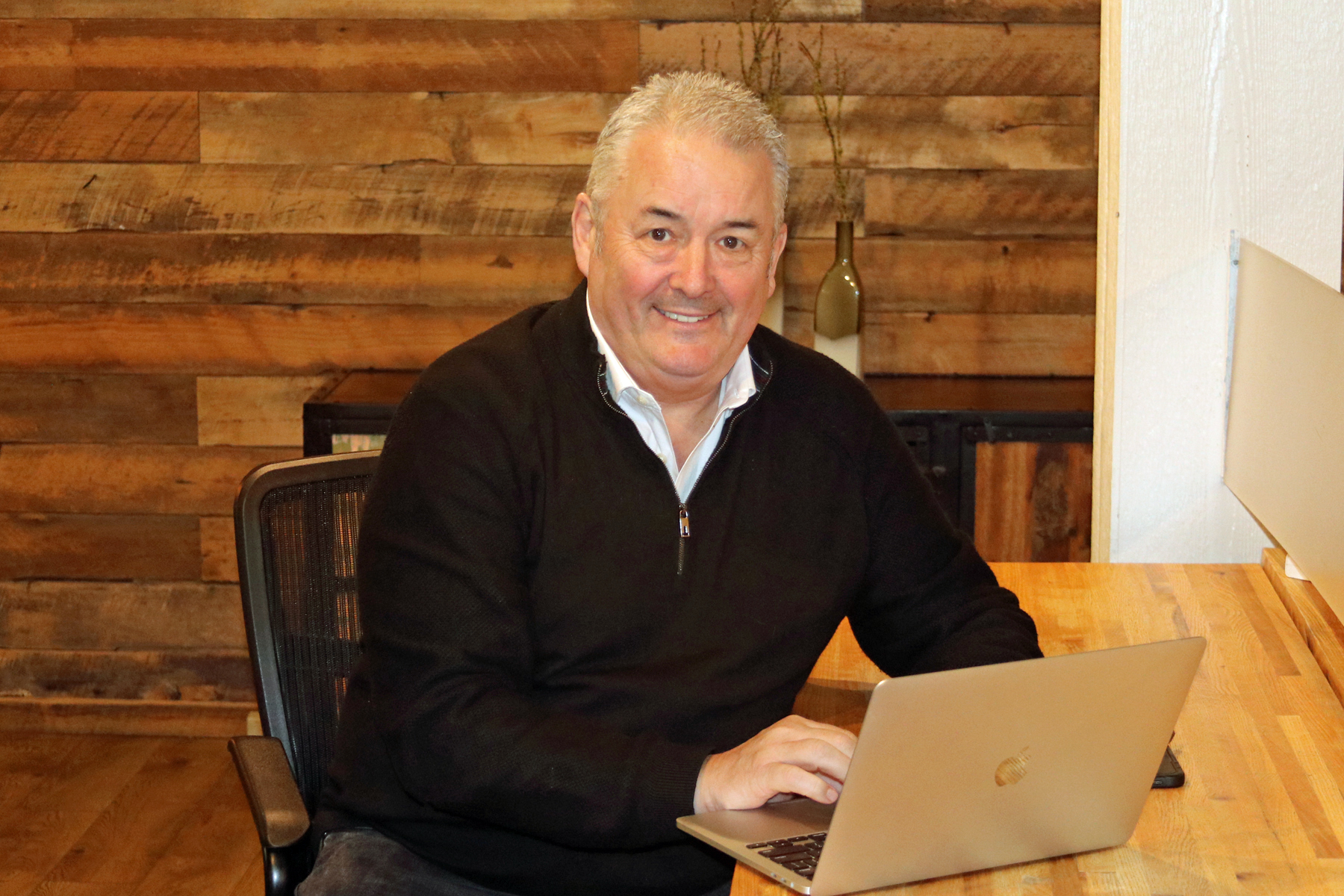
When A Word Can Cost You $250K
Golden/Denver Colorado August 6th, 2018 – The filler words we use and how they impact our ability to effectively communicate.
Within executive search, interesting scenes often play out when you are at the end of a placement and going through final interviews or details in background checks. The end game is where it can all collapse, and here at Integrated People Solutions we have seen many avoidable situations that have cost candidates jobs and more money than they might think.
A recent article by Noah Zandan in the Harvard Business Review caught our eye, as it was very relevant to a search we were engaged in, and a subject we were painfully discussing. See the link below.
https://hbr.org/2018/08/how-to-stop-saying-um-ah-and-you-know
This article does a great job deeply analyzing filler words and speech patterns, defining some of the major impacts they have, and addresses elimination within your own public speaking.
We wanted to take it one step further, not based on AI or behavioral analysis, but rather based upon our own real-world experiences, and talk about people who inadvertently use “fillers” or disfluencies in their everyday speaking to a level beyond the focus of this article. There is a subtle but big difference between someone who is caught slightly off-guard and fills the void with fillers as addressed in this article, versus a person who habitually and routinely peppers their sentences with “rights” or “likes” or “umms”. Both levels of use of crutch words can have consequences, and the article does a great job of detailing how audiences can wander or credibility can be lost through use of the fillers. With someone who is beyond a disfluency every 12 seconds, and constantly peppers sentences with these words, the impact can be much greater, especially in an interview situation. Once the resonance of the repeated crutch word is realized by the listener, it becomes impossible to ignore and begins to dominate the attention of the listener, and often becomes quite annoying and distracting. The affect magnifies and a huge loss of credibility and perceived competence can result, and that critical threshold of the audience’s willingness to invest in hearing the message, is crossed. If this is within an interview situation, the game is up, the goose is cooked, the message is lost, and the candidate is out.
The most insidious thing about some of these speaking issues, is that the affected are often unaware that they are even using the fillers, and have so tuned them out, that they cannot hear themselves speaking the crutch sounds or words. On more than one occasion, we have seen candidates knocked from contention on some very powerful and well-paying roles, because multiple interviewers picked-up on the fillers and could not get past them, particularly in roles where high public presence was a part of the job. You simply cannot perceive the person being effective in a leadership or representative role with such a glaring impediment, regardless of their history of accomplishment.
To have an addressable and simple habit disqualify you from an otherwise great role, is quite avoidable. Again, the article outlines some very easy and pragmatic steps for identifying and changing these conditions if they exist.
At Integrated People Solutions, we firmly believe in the “quiet space” and the power of the moment of silence. When interviewing, a bit of silence is often the sign of good listening or can be the catalyst for the candidate to fill the void and provide more and deeper details. Being comfortable with silence and managing the cadence can produce better results than filling each void with noise, and we actively coach using pauses and silence to evoke deeper response in interviews and sales situations. What is not said can be as powerful as the spoken, and that which follows silence can have the most impact.
Integrated People Solutions really enjoyed and related to this article, and believes it offered some real-world advice relevant to interviewing that could be quite valuable to many, including those just entering the job force and late career executives.
Integrated People Solutions is an executive placement firm in Denver, Colorado, and is part of the Kennedy Executive Network
About Kennedy Executive
Kennedy Executive Search & Consulting is a global partner network of retained search boutiques in Europe, Africa, North America and Asia Pacific with offices in Amsterdam, Budapest, Copenhagen, Denver, Frankfurt, Johannesburg, London, Milan, Monaco, Oslo, Paris, Prague, Sydney and Vienna. The network covers 360 degrees of talent management: executive search finds and assesses the right talent in the market, consulting develops people and organizations. With the addition of Evolve South Africa, Kennedy is now active on 4 continents and in 14 countries and offers a global reach. Between the 75+ consultants and researchers, 30 languages are spoken. As a network Kennedy will run 365 strategic recruitments all over the world this year. Kennedy Executive Search & Consulting helps organizations to achieve their goals and people to enhance their careers every day.



